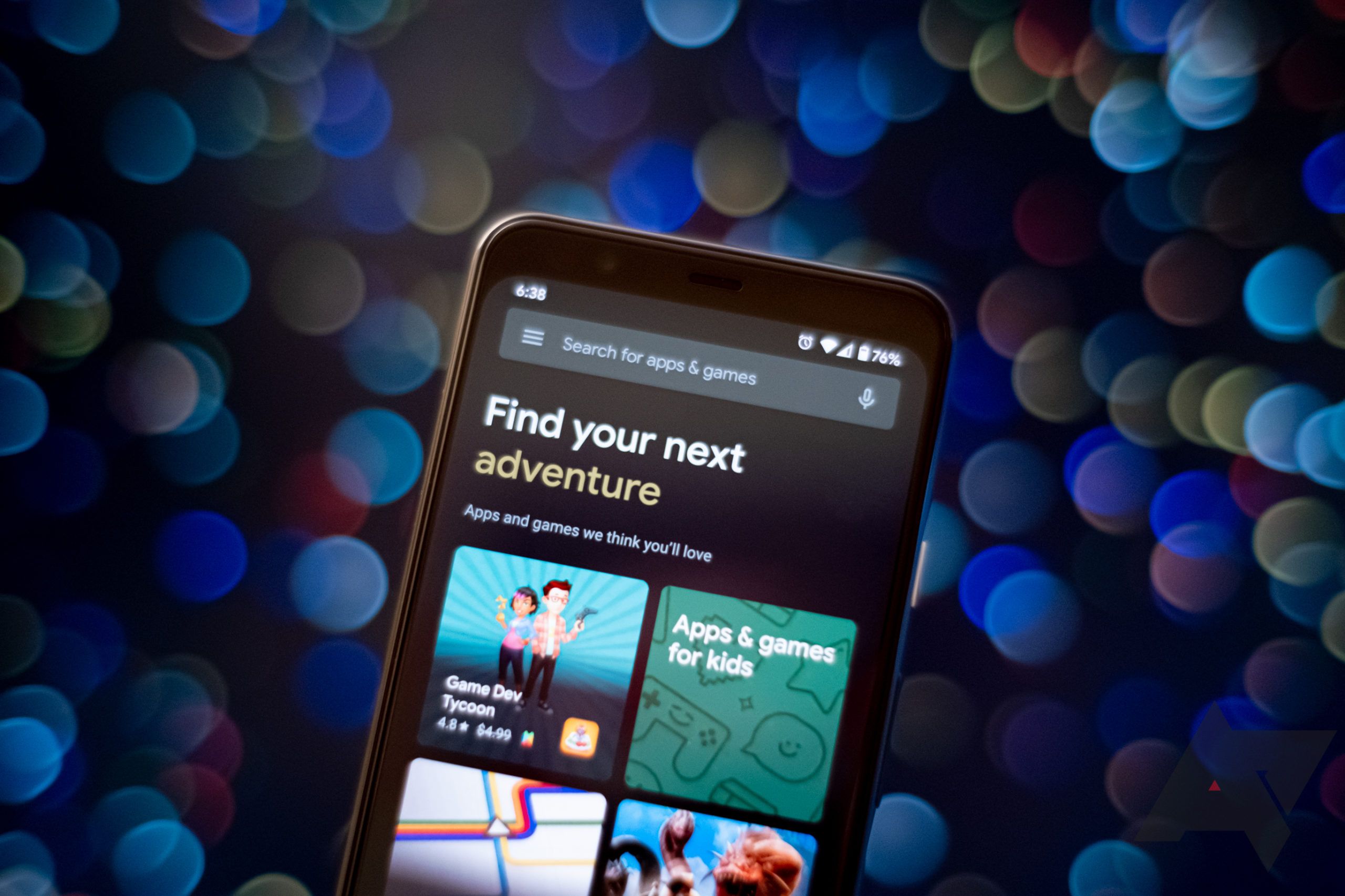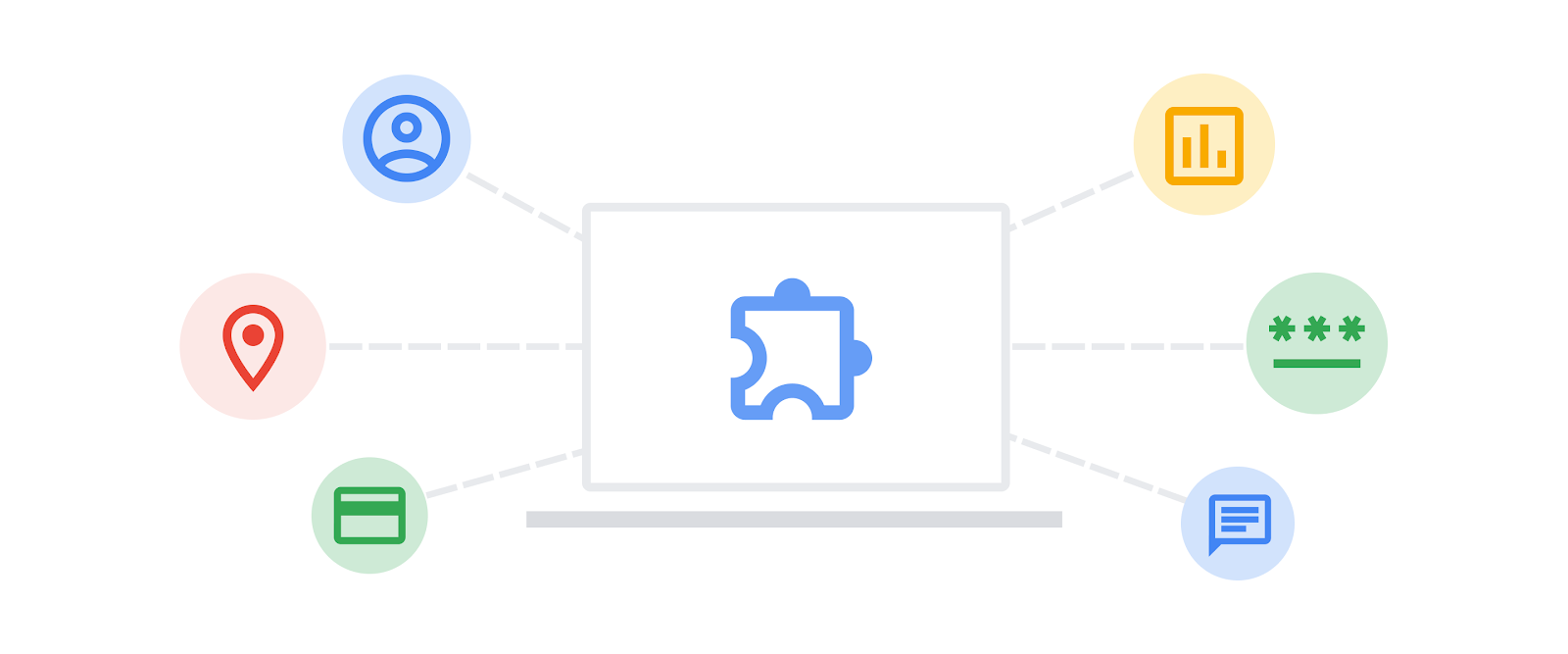latest

The Play Store is getting Apple-style privacy labels: here's our first look
The mockups for the new safety section are "directional" and for developers, but Google says they may pan out
Back in May, Google announced that the Play Store was also getting App Store-style privacy labels, one-upping Apple's implementation by requiring extra information about customer security, if user data can be deleted, and whether permissions are optional or required. Like it or hate it, the new "safety section," as Google calls it, will be mandatory for all apps on the Play Store, kicking into gear in Q2 2022. And today, Google is sharing a few more specifics on precisely how it will work, what it might look like, and how developers can prepare.

Google is planning a big — and mandatory — overhaul of app privacy and security on the Play Store
Similar-sounding privacy details, but more and better information when it comes to your security
Last year, Apple rolled out a new set of what it called Privacy Labels for the App Store. These disclaimers were sort of like privacy-oriented nutrition information attached to each app listing, with developers supplying the details regarding exactly what data their apps collect and precisely how it's used — assuming you trust them to be honest. The moment that news landed last year, expectations swung our collective attention at Google: When would Android and the Play Store get something similar?

Google adds new privacy protections for Chrome extensions
The Chrome Web Store will display each extension's user data practices
It finally seems like people are becoming more aware about the importance of privacy online. Google has been working to improve its public image when it comes to user data privacy recently, including setting new privacy standards for Chrome extensions last year. Now the company is announcing an update to its developer policy that limits what developers of extensions can do with user data, as well as provides increased transparency regarding data-use practices.

Chrome exempts Google sites from user data settings — but supposedly it's just a bug
Sites like YouTube and Google Search appear to be storing data in Chrome that should have been deleted
Earlier this month, software developer Jeff Johnson wrote about a strange issue he'd discovered that allowed Chrome to keep certain data stored from Google sites like YouTube and Search even after it was supposed to be deleted. This isn't a good look from Google, especially in light of recent events — but the company has responded with an explanation.

Many of our readers should be familiar with Takeout, ostensibly now called "Download your Data," which allows you to back up a copy of all the information associated with your account for most of Google's services. Right now you can even use it to transition your Drive storage between providers, but thanks to the upcoming open-source Data Transfer Project—publicized yesterday in a joint effort with Microsoft, Twitter, and Facebook—that data may someday be as portable as your phone.

Blu has reached a settlement with the Federal Trade Commission over allegations that it afforded Adups, a Chinese device management firm, inordinate access to personally identifiable user information. The FTC's complaint said that Blu misled its customers when the company claimed it had taken appropriate measures to protect user privacy.

Security is a big deal these days. Google understands this, which is why its Safe Browsing team is implementing even more mandates for applications. Apps that handle user or device data will soon have to provide their own privacy policies. If this requirement isn't met, warnings may be shown on users' devices.

Earlier in the month, Google released an official statement on a particularly virulent phishing email imitating Google Docs that was doing the rounds. That same day, coincidentally or not, an update to the Gmail Android app added a special warning page that pops up every time a link in one of the suspect emails is clicked. Now, Google is implementing further changes to help prevent future scams of this type.

There have been rumblings lately regarding suspicious data collection happening with HTC's Evo 3D. For those not familiar, it was recently discovered that a service in the latest update for the Evo 3D collected usage, location, and device information, causing some concern among users and developers alike.

Way back in July, Lookout released the results of a study on app security, and found that many apps have access to user data that they have no need for - suggesting that there was plenty of potential for illicit information use. Two months later, a group of researchers from Intel, Penn State, and Duke came forth with data showing just that: 15 of the 30 apps tested sent GPS data, 7 sent unique hardware information, and a few sent more private information such as phone and SIM numbers.






